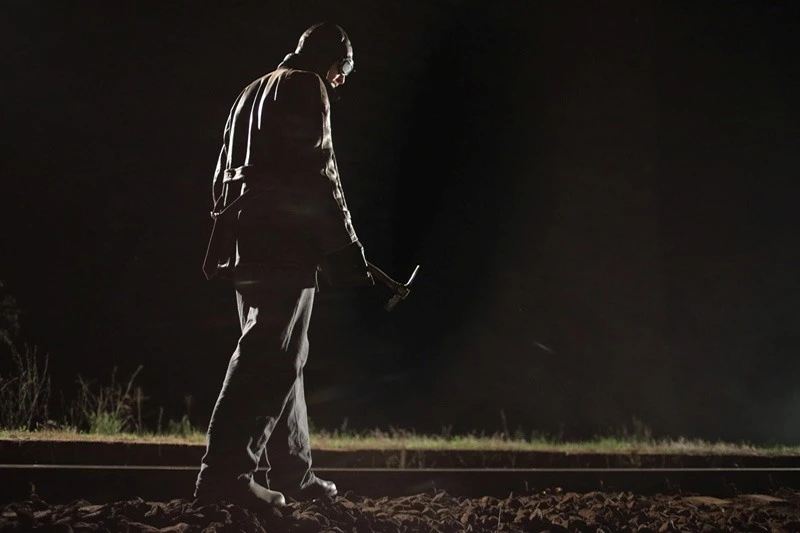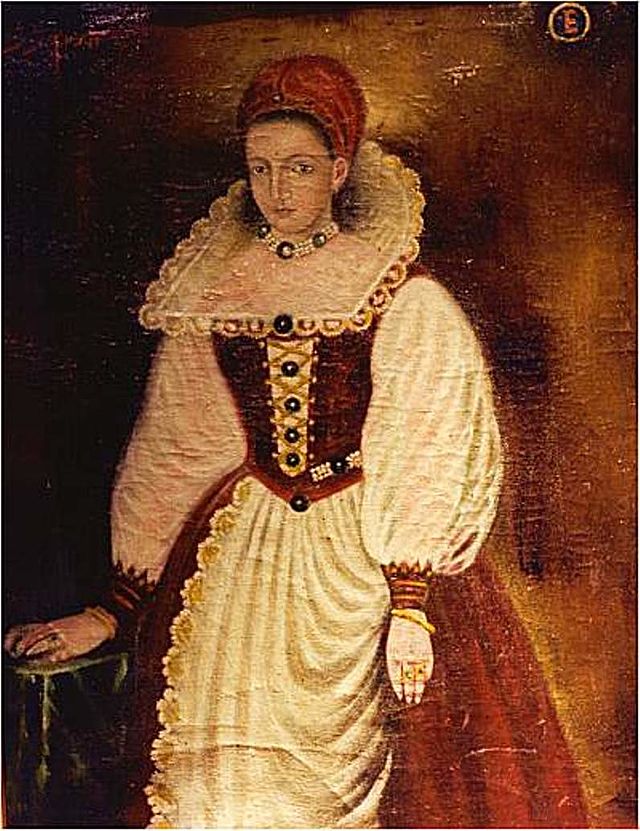The most notorious serial killers of Hungarian history

We all love horror films, especially around the Halloween season. They are great because when we get too scared, we can just turn them off. Unfortunately, this is not the case with real-life crime. Some people turn into cold-blooded killers and we can only be grateful that we did not meet them. Here is a list of Hungary’s most notorious serial killers.
Elizabeth Báthory
Many people are familiar with the story of Elizabeth Báthory. She was a noblewoman, and her family owned a significant amount of land in the Kingdom of Hungary (which is now Slovakian territory). Allegedly, she killed hundreds of innocent girls with some help from her servants. Later, she was imprisoned for her horrible deeds.
Historians still argue whether she was a real killer or she was just accused as part of a witch-hunt. However, the evidence found in her castle and the testimonies support the hypothesis that Elizabeth was a killer. There were several stories about Countess Báthory bathing in virgin girls’ blood to stay young. She is part of the Hungarian folklore now, being described as a vampire. Nevertheless, some believe that accusations were completely false and made up by György Thurzó, a Palatine of Hungary, who wanted Báthory’s fortune and land. You can read more about Báthory HERE.

The Martfű Monster
Péter Kovács worked as a lorry driver in Martfű. He had a pretty normal life, a family and a job where he was liked by others. There are only speculations about what made him do horrible things. Some say that he saw a violent film in the cinema and he got excited about the idea of hurting women.
One night, he went to the Tisza Cipő factory where a young girl had just finished her shift and was walking home alone. He hit her in the head, raped her, suffocated her, and then disposed of the body. The number one suspect in the case was the girl’s ex-boyfriend, who – for whatever reason – pledged guilty. Later, there were similar cases that revealed to the police that the real killer was still on the loose. He was executed by hanging for his cruel cold-blooded killings in 1968. The Hungarian thriller, Strangled (2016), tells the story of this murderer.
The tinsmith of Cinkota
Béla Kiss was the tinsmith of Cinkota. His surroundings saw him as a kind person who was also a great company. He was allegedly interested in astrology and occult practices. His wife left him for another lover and that made him seek the company of prostitutes. Kiss made sure that the women he chose were lonely and nobody would search for them. He was meeting with hundreds of women, but we cannot know for sure how many of them were invited to his home and killed. Kiss was drafted into the military during WWI. While he was away, his housekeeper found the hidden bodies. To this day, it is argued whether he died in the war or escaped to another country. Unfortunately, there will always be such monsters, the son of a Hungarian star psychologist was brutally murdered in the US recently.
Angel Makers of Nagyrév
A group of women poisoned many people in a rural area of Hungary between 1914 and 1929. Historians are still arguing about the number of victims, but it is between 45 and 300. Most of the cruel poisoning cases happened in Nagyrév, thus the name “Angel Makers of Nagyrév” (nagyrévi angyalcsinálók). Zsuzsanna Fazekas was a local midwife who performed illegal abortions in the village. Many of the interrogated women confessed that Fazekas was behind all these horrible things, she was the one giving arsenic poison to other women.
At that time, the future husbands of young girls were still selected by their families. During WWI, the men of Nagyrév were sent to war, and POWs were sent to Nagyrév. The women of the village started having affairs with POWs, which was viewed as outrageous by the husbands. The men returning from war wanted everything to go back to normal. The Angel Makers of Nagyrév sought an escape from this situation by poisoning their husbands. Later on, other people, such as injured family members returning from war, were killed as well, as women did not want to take care of them. Most of the Angel Makers of Nagyrév were sentenced to death, some were imprisoned, and two were executed.







